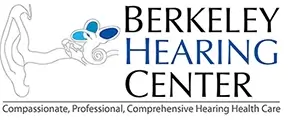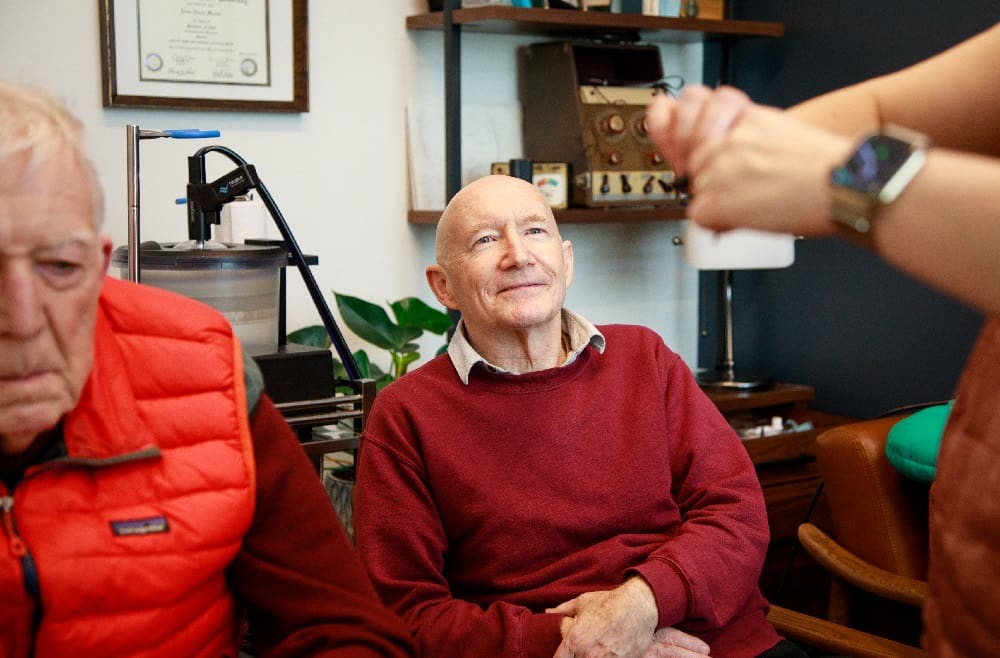2020-02-28
John Chakan, Co-Owner/Practice Manager
Nearly 15 million Americans struggle with tinnitus, but few make an effort to seek measures designed to manage it, left untreated, the symptoms of tinnitus multiply, causing more and more damage to your hearing. Characterized as a persistent and uncomfortable noise, such as ringing, buzzing, whooshing, throbbing, or whistling, tinnitus is something I advise my patients to get a handle on at an early stage before it gets out of hand. To encourage treatment, I have developed a brief guide to tinnitus and what you can do about it.
Subjective and Objective Tinnitus
The most common type of tinnitus is subjective. It is a problem associated somewhere along the auditory pathway that causes the brain to interpret nerve signals as sounds that are not really there. Only the patient can hear subjective tinnitus. In contrast, your doctor can also hear the irritating noise in the less common form of objective tinnitus. Although extremely rare, objective tinnitus relates to blood vessel issues in the middle ear bones or muscle contraction problems.
What Causes Tinnitus?
Ototoxic drugs (some antibiotics, aspirin, chemotherapy medications, illicit drugs), head trauma, stress, neurological diseases, and a buildup of earwax are all possible causes of tinnitus. However, prolonged exposure to loud noise is among its most common causes. Those at risk for developing tinnitus symptoms include individuals with anxiety and depression disorders, and health conditions such as diabetes, multiple sclerosis (MS), and those experiencing thyroid dysfunction.
What Can You Do About It?
To date, no cure for tinnitus has been identified. However, numerous treatments and therapies can help manage symptoms and bring relief and improved quality of life to tinnitus sufferers. Although there is a broad range of technologies and methodologies applied to tinnitus management, there are two main classifications of therapies available – sound masking and stress reduction.
Sound Masking
There are numerous ways to mask the ringing, buzzing, whooshing, or roaring sounds of tinnitus. Simple instruments used for sound masking include using the radio tuned to the right volume to cover up the sound or the use of a fan. More advanced tinnitus masking devices include sound machines, smartphone apps, and audio masking devices, which are tuned to a specialized frequency to match and cancel out the frequency and volume of your tinnitus sounds. These devices use earbuds or headphones to help direct the sound and concentrate it. Also, hearing aids provide some sound masking benefits along with helping to correct hearing loss.
Stress Reduction
Tinnitus worsens in a snowball effect. Sounds begin at a low volume and are sometimes infrequent. However, as awareness of the sounds increases, it creates tension and anxiety. Stress and anxiety contribute to a neurological effect that increases the intensity of tinnitus symptoms. This increase in symptoms leads to an increased awareness, which reproduces the cycle in a continuous buildup of severity. To interrupt the process, a large number of tinnitus therapists have turned to stress reduction techniques of various types, including:
Relaxation Techniques
Biofeedback Training
Meditation and Yoga
Psychological Counseling
Specific applications of these techniques vary from one practitioner to another. Still, all have the primary objective of reducing or eliminating one of the catalysts involved in the advancement of tinnitus symptoms.
Combined Therapies
A large number of tinnitus management therapies combine both classes of tinnitus treatment, using various sound masking techniques to assist patients as they work on reducing stress. Many patients have benefitted from combined therapies, continuing to utilize them as essential elements in tinnitus management.
What About Medications?
The use of medications in tinnitus therapy has achieved minor results in a few patients. Consequently, medications are not a primary form of tinnitus treatment utilized by most audiologists. Focus on the relationship of medications with tinnitus usually leans toward the role played by ototoxic medications and their contribution to tinnitus symptoms. Audiologists often encourage alternatives to these medicines as a means of helping manage tinnitus. Although there is no cure for tinnitus, my team and I at Berkeley Hearing Center have had success in helping our patients to manage their tinnitus symptoms. We have a variety of devices and methodologies available designed to help you to manage your specific form and severity of tinnitus. Contact us to learn more about the tinnitus management solutions provided by Berkeley Hearing Center, or request a callback to set up an appointment or to have your questions answered.
John Chakan, Co-Owner/Practice Manager






